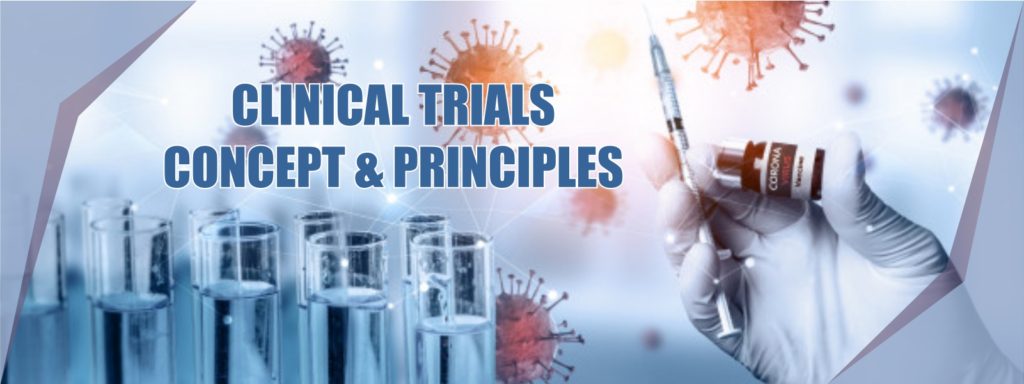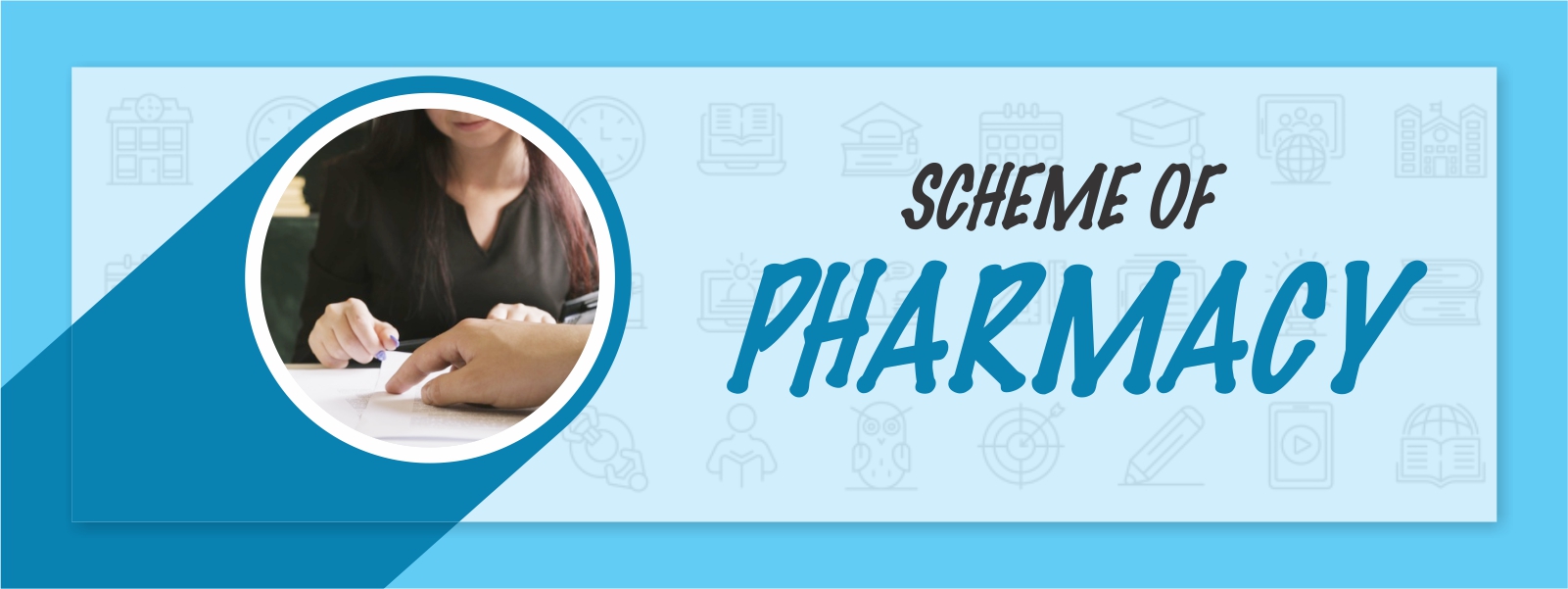
PHARMACOVIGILANCE –CONCEPT AND PRINCIPLES
Pharmacovigilance ( PV ) :
Pharmacovigilance can be defined as the science and activities concerned with the detection, assessment, understanding and prevention of adverse reactions to medicines (i.e. adverse drug reactions or ADRs). The ultimate objective of this activity is to improve the safe and rational use of medicines, thereby improving patient care and public health.
The {Drug Regulatory Authority} defines an Adverse Drug Reactions (ADR) or adverse reaction as a response to a medicine used in humans or animals, which is noxious and unintended, including lack of efficacy, and which occurs at any dosage and can also result from overdose, misuse or abuse of a medicine.
The PV is important because when a medicine is released onto the market there is still a great deal that is unknown about the safety of the product.
Once marketed the medicines are used by patients who have many different diseases, who are using several other drugs and who have different traditions and diets which may affect the way in which they react to a medicine. Different brands of medicines may differ in the manner in which they are produced and the ingredients that are used.
The adverse drug reactions and poisonings associated with traditional and herbal remedies also need to be monitored in each country. The information we receive on the adverse effects of drugs in other countries may not be relevant or applicable to {Country}’s citizens. In some cases, adverse effects to certain drugs may only occur in {Country}’s citizens.
In order to prevent unnecessary suffering by patients and to decrease the financial loss sustained by the patient due to the inappropriate or unsafe use of medicines, it is essential that a monitoring system for the safety of medicines in {Country} is supported by doctors, pharmacists, nurses and other health professionals in the country.
Studies conducted in developed countries have consistently shown that approximately 5% of hospitalised patients are admitted into hospital as a result of an ADR and 6-10% of in-patients will experience a serious ADR during hospitalisation.
Even these startling figures don’t represent the whole picture. These studies generally excluded ADRs caused by overdose, drug abuse, or therapeutic failures. The cost to most countries for managing adverse drug reactions is considerable.
The information obtained from reported reactions promotes the safe use of medicines on a local and national level. A well completed adverse drug reaction/product quality form submitted by you could result in any of the following:
• additional investigations into the use of the medication in {Country}
• educational initiatives to improve the safe use of the medication.
• appropriate package insert changes to include the potential for the reaction reported by you
• changes in the scheduling or manufacture of the medicine to make the medicine safer Therefore, the purpose of ADR reporting is to reduce the risks associated with drug prescribing and administration and to ultimately improve patient care and safety



